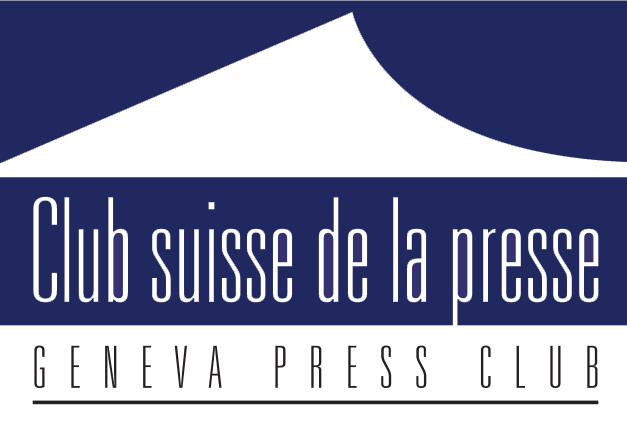The University in the City: A Key Player in Public Debate?

The University in the City: A Key Player in Public Debate?
The University of geneva and the Geneva press club invite you to a Town Hall Meeting:
Welcome Address

Prof. Audrey Leuba, Rector of the University of Geneva
Introduction

Frédéric Esposito, chairman of the Scientific Committee on the role of universities in public debate
Insight

Prof. Frédéric Bernard, Faculty of Law and member of the Scientific Committee
Speakers

Prof. Luciana Vaccaro, Rector of HES-SO, President of SwissUniversities

Sami Kanaan, Administrative Councillor of the City of Geneva
Followed by a roundtable discussion with:
- Hasni Abidi, Political Scientist, UNIGE, and member of the Scientific Committee
- Romain Clivaz, Journalist, Le Temps
- Ruth Dreifuss, Former Federal Councilor and member of the Scientific Committee
- Frédéric Esposito, Political Scientist, UNIGE, and member of the Scientific Committee
- Maya Hertig Randall, Professor, Faculty of Law, UNIGE
- Olivier Meuwly, Historian
- Hassan Yaseir Mahieldein, UNIGE Student, member of the Scientific Committee
Moderator: Isabelle Falconnier, Executive Director, Geneva Press Club.
The roundtable will be followed by a debate with the public.
The University’s place in the city concerns students, professors, citizens and the University’s governing bodies alike. The student occupations of universities in May 2024 are nothing new, as university authorities have been called to account on other issues in the past. Public health issues in connection with the Covid crisis, climate issues for having demonstrated the reality of the change underway, but also geopolitical issues linked to human rights and international humanitarian law in Iran, Russia, China and more recently in the Middle East are all issues on which the Universities are challenged by their communities. This broad thematic spectrum gives rise to two more specific themes.
The first is whether universities can position themselves in the public debate, particularly on political issues or subjects that are polarizing for their communities (armed conflicts in certain regions of the world, climate issues, certain social issues). The second theme concerns the possibility of suspending or terminating collaboration agreements and scientific partnerships with universities. These two major issues will be the common thread running through this evening, which will be resolutely geared to the exchange of ideas, in order to promote a better understanding of these issues for the community and the university.
Free entry.
